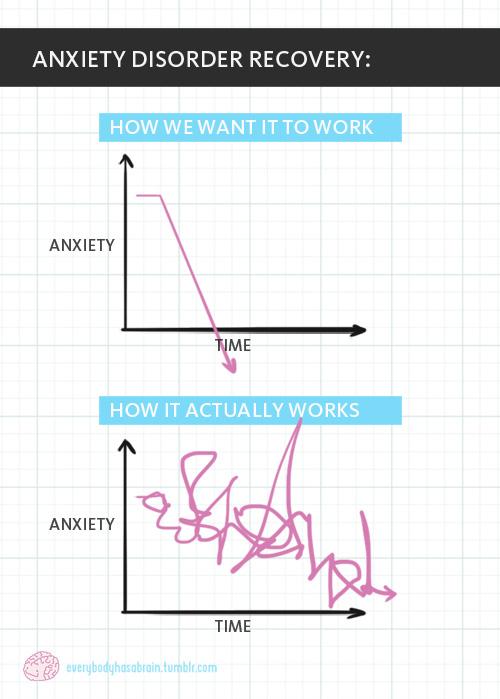When I first got sick, all I focused on was recovering as quickly as possible. I wanted to restore my life to exactly what it was. It took a long time to accept that that was not going to happen.
Even before I got diagnosed with Ankylosing Spondylitis, I had realised that I wasn’t going to go back to the way I was. There was no undoing the changes illness had made to my life. And more than that – I didn’t want to. Some of those changes, while immensely difficult, were necessary and positive.
When I did finally get that diagnosis, though, I had to shift my thinking from “I’m going to get better” to “I have to learn to live in a new way.”
This makes me sound falsely positive. Of course I didn’t start feeling this way immediately. At first I went “Ah, fuck.”
But blame and wallowing, while necessary occasionally, doesn’t help in the long run. What does is acceptance.
Acceptance that things have changed. Acceptance that there will be good days and bad days. Acceptance that recovery doesn’t look like you thought it did, or how others might perceive it.
‘Recovery’ is a false dichotomy. What recovery looks like in real terms is ‘one step forward, two steps back.’ Even that is too simple. Take this graph, which is for anxiety but could also relate to a lot of physical chronic illnesses.
Improvement over time may or may not happen. If it does, it’ll probably be messy as hell.
The reality of chronic illness is hard to communicate. I’ve written about that a lot before. The expected or ideal response to “How are you?” is “Better.”
I can’t say “better.” I do, of course, I say it all the time. But it’s kind of a lie. I make slight improvements, I fall back again. That will probably be the pattern for the rest of my life.
I related a lot to this article – ‘I’m fed up of having to perform my disability.‘ The writer sometimes needs to use a wheelchair. She talks about how people expect her to be fully disabled all the time, and how spectators can find it difficult to grasp that the reality is more complex.
I experience the same thing with my cane. I worry that on good days, when I don’t need it, someone will spot me and think I am therefore lying when I do have it. Sometimes I experience “recovery guilt,” where I feel guilty for not being completely incapacitated, which is fairly bizarre. As the writer of that article puts it – “My moral worth was to be measured by how many steps I could take.”
The road to recovery is windy. And it doesn’t really have an ending. For me, it’s about milestones. There are some I have passed already – being able to work a little, being able to eat, being able to stand up for more than a few minutes at a time. Managing a whole day out of the house.
And the next milestone? Humira treatment!! Thanks to the MRI that you all donated to, I will be starting this in two weeks. Humira is a fairly intense drug that is used to help contain the inflammatory symptoms of immune illnesses like Ankylosing Spondylitis. It can be difficult to access because, like all drugs, it can have some nasty side effects, and because it works on your immune system, I will be more susceptible to other illnesses. Plus, it costs a lot – luckily, it is subsidised by Pharmac, but the government still doesn’t hand it out lightly. So I am incredibly lucky to be getting it.
Thank you, again, to everyone who helped to make this possible. If I had not been able to get the MRI privately, I would still be on a waiting list for who-knows-how-long, and my condition would be worsening in the meantime. I have already been in pain for a long time. I am so, so hopeful that Humira will help.
Another small step forward.

